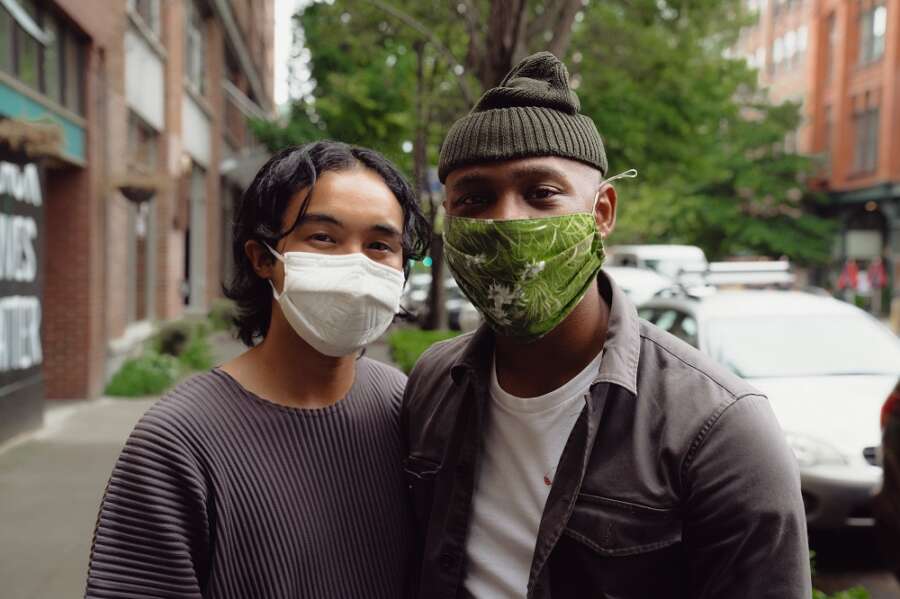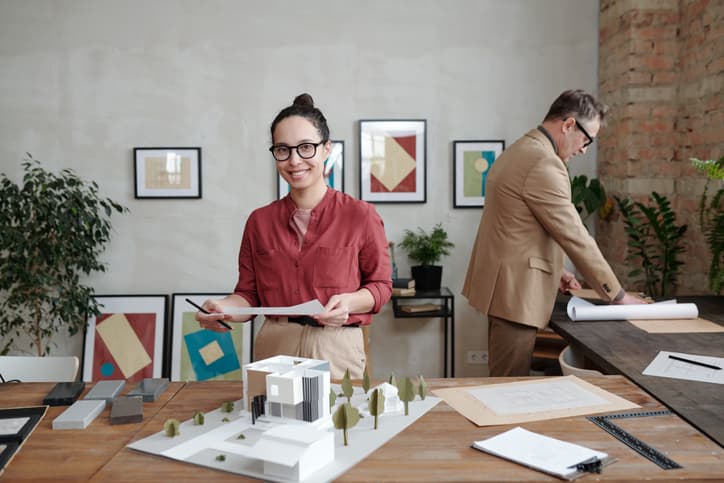
9.5 million (17.7 per cent) people will always wear facemasks in public places, such as trains, shops and hospitals, even though coronavirus restrictions have lifted, due to worries around air quality
A further 22.8 million (42.3 per cent) say they will continue to wear a mask when they consider it appropriate when out in public due to worries around air quality
Almost a third (30 per cent) of people will avoid flying in 2021 because of concerns over inflight air quality
Over 9.5 million (17.7 per cent) people plan to always wear a face mask in public places, despite the government’s coronavirus restrictions lifting today (Monday 19 July), reveals new research from MedicAir1.
Masks are no longer a legal requirement, however millions of people say they will keep wearing a face covering as a long-term choice to protect their health. A further 22.8 million (42.3 per cent) people have said they will still wear a mask when they consider it appropriate when out in public spaces, travelling on trains or out shopping.
The coronavirus pandemic has dramatically increased awareness of air quality, with more than half (54 per cent) of people now worrying about what is in the air they breathe. 9.8 million people (18.2 per cent) since the pandemic began have changed their behaviours and when in buildings always open windows to allow in fresh air and to boost air circulation. The pandemic has made people more conscious of their physical environment, with 56 per cent of people even prepared to avoid enclosed spaces and where there is poor air flow.
While politicians across the globe continue to debate overseas travel restrictions, millions of people have ruled out international air travel this tear. Almost a third (30 per cent) of people will avoid flying in 2021 because of concerns over the air quality they will be exposed to inflight.
With business organisations pressing for a return to the office, fears over commuting risks persist amongst the public. Over 13.7 million people (25.5 per cent) say they will aim to avoid public transport all together in future, with a further 25 per cent reducing their use of public transport because of concerns about air quality. For those using public transport 21 per cent plan to limit their journey times and 25 per cent will try and avoid standing too close to others.
Dr Connor Bryant, CEO and Co-Founder of MedicAir, commented: “People are fundamentally changing their attitudes to face coverings, adopting habits we already see displayed across East-Asia, even when restrictions are lifted. Businesses that can demonstrate a commitment to improving air quality will be better placed to reassure customers and employees of the reduced risk when returning to enclosed inside spaces. It will be vital to build public trust as we move to a ‘new normal,’ with heads of real estate and chief facilities officers needing to demonstrate their commitment to air purification.”
Regional findings:
Norwich is set to be the mask wearing capital of the UK once locked restrictions are eased, with almost a quarter (24 per cent) of residents stating they always plan to wear a face covering in public places even when government restrictions are listed. Residents of Leeds are the least likely to always wear a face covering in public spaces when restrictions ease, with just 10 per cent of people aged over 16 in the area planning to wear a face covering in public areas.
Table one: Regional insight into mask wearing trends for when restrictions are lifted
| City | Percentage of residents than plan to always wear a mask in public even when restrictions are lifted |
| Norwich | 24 per cent |
| Southampton | 23 per cent |
| Newcastle | 22 per cent |
| Bristol | 21 per cent |
| Glasgow | 21 per cent |
| Liverpool | 21 per cent |
| Manchester | 20 per cent |
| Birmingham | 18 per cent |
| London | 17 per cent |
| Cardiff | 16 per cent |
| Edinburgh | 16 per cent |
| Nottingham | 16 per cent |
| Plymouth | 16 per cent |
| Brighton | 14 per cent |
| Sheffield | 13per cent |
| Belfast | 12 per cent |
| Leeds | 10 per cent |
Source: MedicAir, June 2021
MedicAir has solutions that use medical grade purification technology to purify air by over 99.9% from viruses – including COVID-19 surrogates H1N1 and MS2, bacteria, allergens, and other undesirable contaminants. The machines are used by multiple NHS hospitals and in a multitude of private businesses. More information can be found at:


